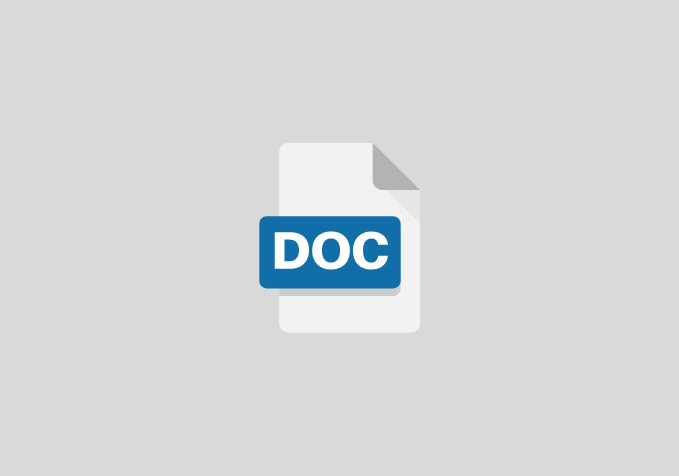An Appraisal of the Finance Act 2020 on Bank Stability in Nigeria
AIMS AND OBJECTIVES OF THE STUDY
The main objective of the study is An appraisal of the finance act 2020 on bank stability in Nigeria. Specifically, The aims and objectives of this study are as follows:
- To trace the development of government policies over the years and the survival or sustainability of these policies.
- To examine the implementation of these policies or lack of it and what could be done to ensure full implementation of subsequent policies.
- To identify the impacts of these government policies on financial institutions in the general economic development of the country.
- To identify the financial institutions mostly affected or touched by the government reforms policies particular banks and small and medium scale enterprises.
- To suggest ways of making sure that subsequent policies help in the attainment of government goals and objectives in developing the country’s economy.
LITERATURE REVIEW
Overview of Bank Stability
Nigeria’s domestic revenue mobilization has been one of the lowest in the world. This has had a severely limiting impact on economic growth and creation of an enabling framework for investments.
According to the Organisation for Economic Co-operation and Development (OECD)’s Revenue Statistics in Africa 2019 report, Nigeria’s tax-to-Gross Domestic Product (GDP) in 2017 was 5.7%. This was a moderate increase from the figures reported in 2016 (5.3%).
However, when compared with the same index across other African countries over the same period, it was apparent that Nigeria’s tax revenue generation was significantly low for the level of economic activities in the country. Specifically, the 26 African countries (including Ghana and Botswana) reviewed in the OECD’s study reported an average tax to GDP ratio of 17.2% (11.5 basis points higher than Nigeria’s ratio).
The Federal Government implemented tax amnesty initiatives between 2016 and 2018 to drive up tax revenue and expand the tax base. However, these initiatives have proven insufficient to stimulate the type of revenue growth required. As at 2018, the nation’s tax to GDP ratio was estimated at roughly 6%, a slow and unimpressive growth from 2016.
Recent data from the National Bureau of Statistics indicates that Nigeria’s GDP was N31.79 trillion in the first quarter of 2019 (Q1 2019), while the total government collection in taxes was barely N1.5 trillion in that quarter. This produced a tax to GDP estimate of about 4.7%, which was a decline from prior periods.
SCOPE AND LIMITATIONS OF THE STUDY
This study covers majorly, government’s new finance Act 2020 and the various measures employed in implementing these policies towards the bank stability. It looks into the various macro-economic policies of government and the impacts of these policies on financial institutions.
REFERENCES
- A kintelure. (2014). “advanced financial accounting”. Enugu: El’Demark publishers.
- Akuezilo. (2000). “Factors Affecting students academic choice of
- Financial accounting in secondary Schools” A Case study of Ofa Local Government Area of Kwara State. Unpublished undergraduate project, A.B.U, Zaria.
- Aliyu, M.M. (2010).“Subject Method for Business Teachers”.VendaicoInt‟l
- Ltd. Business centre 28, Sulu Gambari Rd, Illorin.
- Asaolu,E.A. (1998).in Ricahard (2015)“ Students Attitude Towards
- Education ”. Institute of Education O.A.U. Ife.
- Brain, A.N. (2006).“Emphasis on Teaching. Spectrum Books Ltd, Lagos state Nigeria.
- Chiamala. (2012). “challenges facing accounting students in Nigeria secondary schools”.
- Ekunno. (2010). “Factors Affecting Students choice in Financial
- Accounting at Senior Secondary Schools Certificate Examination”. Anambra State Unpublished Undergraduate Project Work.
- Fafunwa.(2000). “History of Education”.
- Igben, R.O. (2009).“Financial Accounting Made Simple”. Roi Publishers Isolo, Lagos.


